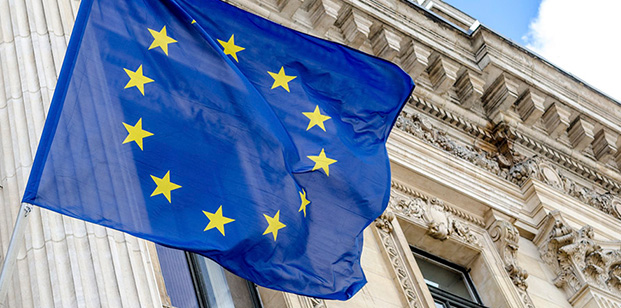November 2017
The mechanics and implications of Brexit continued to dominate newsflow during November and discussions over the future of the border between Ireland and Northern Ireland intensified during the month. Europe has explicitly rejected the idea of a hard border, and has called for the UK to “make a clear commitment… (to) protect the operation of the Good Friday Agreement”.
- The EC expects the eurozone’s economy to grow by 2.2% this year and 2.1% next year
- The rate of unemployment in the eurozone reached its lowest level since January 2009
- Inflation rose to 1.5% YoY, but remained below its 2% target
To view the series of market updates through November, click here
The mechanics and implications of Brexit continued to dominate newsflow during November. Discussions over the future of the border between Ireland and Northern Ireland intensified during the month. Europe has explicitly rejected the idea of a hard border, and has called for the UK to “make a clear commitment… (to) protect the operation of the Good Friday Agreement”.
“Political issues continued to put investor sentiment under pressure”
The European Central Bank (ECB) issued a caveat about the post-Brexit plans of banks that currently operate in the eurozone via the UK. The ECB warned that some institutions’ plans “do not fully meet the ECB’s expectations and requirements of banks operating in the euro area” and emphasised that “empty shells or letterbox banks” would not be acceptable. Looking further ahead to a post-Brexit Europe, it was announced that the European Banking Authority (EBA) will relocate from London to Paris.
The European Commission (EC) predicted that the eurozone’s economy will expand by 2.2% in 2017 and 2.1% in 2018, easing to 1.9% in 2019. However, political issues continued to put investor sentiment under pressure. Spain’s central bank warned that the ongoing political crisis in Catalonia could seriously undermine economic growth and financial stability over the coming months, both regionally and at a national level. Meanwhile, in Germany, coalition negotiations between Chancellor Angela Merkel’s CDU/CSU bloc and the Green Party collapsed, triggering fresh uncertainties. Elsewhere, in Ireland, a mounting political scandal was only avoided by the resignation of the Irish deputy Prime Minister, Frances Fitzgerald. The Dax Index fell by 1.6% during November, while France’s CAC 40 Index declined by 2.4% and Ireland’s benchmark ISEQ 20 Index fell by 0.5%.
The eurozone’s rate of inflation rose from 1.4% in October to 1.5% in November, although core inflation – which excludes the effects of volatile factors such as energy and food – remained unchanged at 0.9%. The ECB continues to pursue an inflation target of around 2% over the medium term. The region’s rate of unemployment edged down during October, falling from 8.9% in September to reach 8.8% to achieve its lowest level since January 2009.
Retail sales in the eurozone performed strongly in September, boosted by a sharp increase in sales of non-food products. Sales posted annualised growth of 3.7% during the month, compared with August’s rise of 2.3%. The largest year-on-year increases in retail sales volumes were found in Romania, Malta and Ireland.
A version of this and other market briefings are available to use in our newsletter builder feature. Click here









